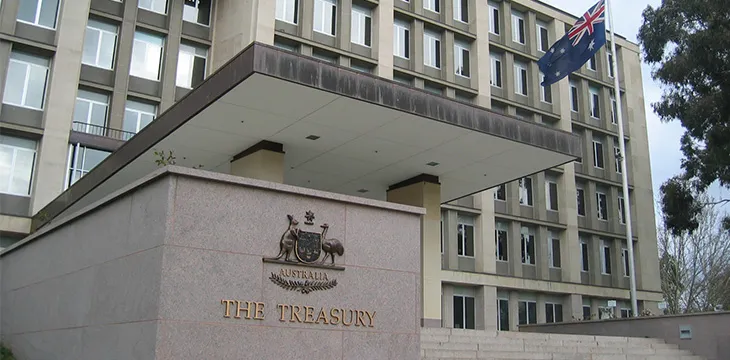|
Getting your Trinity Audio player ready...
|
A new draft bill imposing a proposed limit for cash transactions in Australia has excluded cryptocurrencies. The draft, which was published by the country’s Treasury, seeks to ban cash payments that exceed AUD10,000 ($6,880), but not if you’re using digital currency.
The bill “establishes the cash payment limit and makes it an offence to make or accept a payment or series of connected payments in cash in excess of this limit.”
However, the bill exempts transactions involving digital currencies from this restriction. According to the Treasury, the digital currency industry in Australia is still relatively new and developing. Unlike physical currency, it’s yet to have a firmly established regulatory framework. Therefore, “this makes it difficult to apply the cash payment limit in a way that would not largely prevent the use of digital currency in Australia or significantly stifle innovation in the sector.”
Australia has been on a quest to introduce regulatory clarity to the crypto industry. In May this year, the Australian Securities and Investments Commission (ASIC) published new guidelines for companies in the crypto sector. They include a requirement for any crypto company to seek registration by the regulator as well as a requirement for crypto miners to also seek regulatory approval.
However, despite these steps, the Australian Treasury believes that the crypto sector isn’t ready yet to be regulated like its peers. Moreover, the contribution of cryptos to the economy is minimal, the Treasury believes.
It stated, “At the same time, there is little current evidence that digital currency is presently being used in Australia to facilitate black economy activities. Given this, the Government has decided at the present time to effectively carve digital currency out from the cash payment limit.”
The government’s position could change in the future, with the Treasury stating, “This position will remain under ongoing scrutiny to ensure that the exemption for digital currency payments remains appropriate in light of the current use of digital currency in the Australian economy.”
Australia has also struggled with its crypto taxation, with tax lawyers in the country calling on authorities to overhaul the current system. As CoinGeek reported last month, the Australian Tax Office levies taxes on cryptos based on their values when received not when spent. Therefore, whenever cryptos lose value as SegWitCoin (BTC) did in 2018, the crypto holders can end up with an unfairly huge tax bill.

 07-02-2025
07-02-2025 





